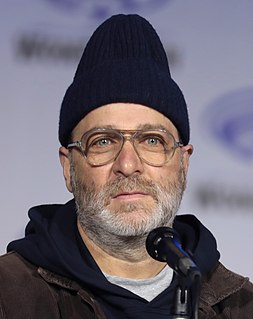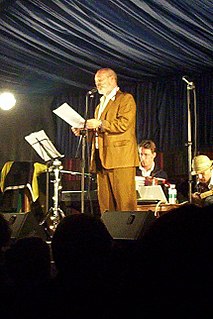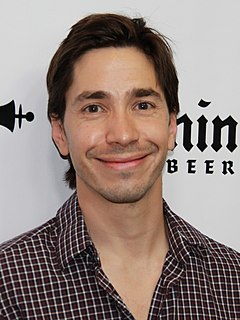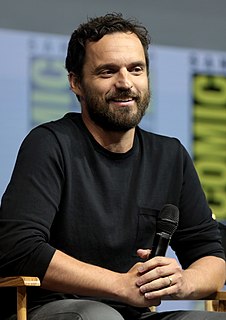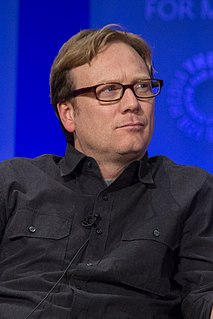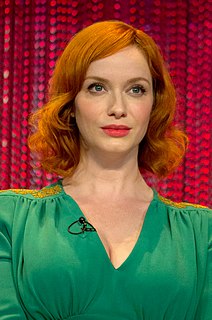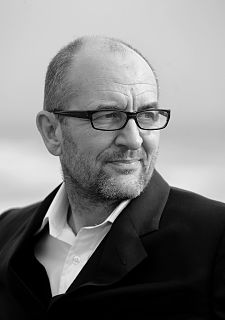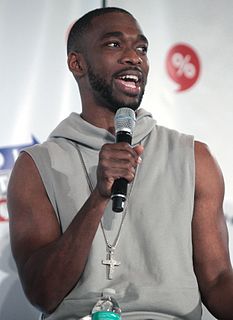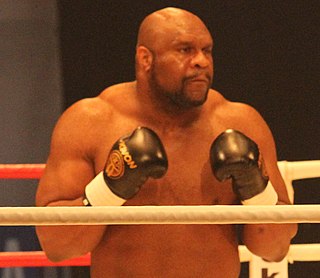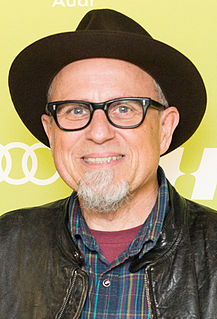A Quote by H. Jon Benjamin
I started doing comedy with no plan to do voice work. Voice work came as a function of doing comedy and meeting people who eventually develop shows like that. I didn't seek out from an early age to be on cartoons.
Related Quotes
Voice actors I used to know who were starting out in comedy were guys who did a lot of voices. They were usually comedy actors who developed their comedy by doing tons of impressions and voices that were usually very funny. And I never did any of that, so that's, I guess, why I don't consider myself a voice actor.
I like doing comedy, I like doing drama. Naturally I like to do, I like doing dramas, I like conflict, and when I do a comedy, you know, I've found that, like, romantic comedy is the trickiest one, because often it's neither: it's not romantic and it's not funny. So, like, I like a comedy that's biting. It's biting humor or really quirky humor.
